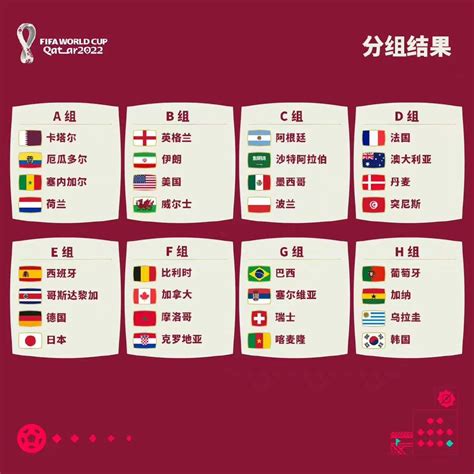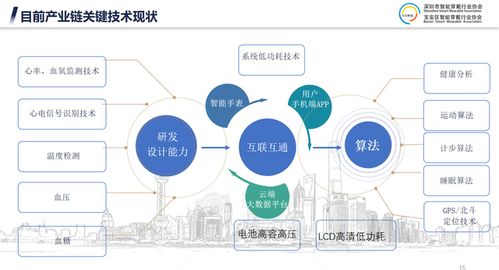欧洲杯预赛比赛结果
Title: Understanding the UEFA European Championship Qualifiers Schedule
Understanding the UEFA European Championship Qualifiers Schedule
The UEFA European Championship, commonly referred to as the Euros, is one of the most prestigious football tournaments globally, showcasing the best talent from European nations. Qualifying for this tournament is a rigorous process involving various matches among national teams. Understanding the UEFA European Championship Qualifiers Schedule is crucial for fans, teams, and organizers alike.
The UEFA European Championship Qualifiers Schedule typically spans over several months, with matches held at various venues across Europe. The schedule consists of a series of group stage matches followed by playoffs for teams that didn't secure direct qualification. Here are some key aspects to consider:
- Group Stage: The qualifiers begin with the group stage, where teams are divided into different groups and play against each other on a homeandaway basis. The matches are spread out over several international breaks, allowing teams time to regroup and strategize.
- Playoffs: Teams that finish lower in their respective groups may still have a chance to qualify through playoffs. These matches are typically intense as teams vie for the remaining spots in the tournament.
- Final Tournament: The successful teams from the qualifiers join the host nation(s) in the final tournament. This stage features the main event, where the best teams compete for the title of European champions.
The UEFA European Championship Qualifiers Schedule has several implications:
- Team Preparation: National teams need to plan their training schedules, player callups, and tactical strategies based on the qualifier schedule. Understanding the fixture list helps managers make informed decisions.
- Fan Engagement: Fans eagerly anticipate the qualifiers as they follow their national teams' journeys towards qualification. The schedule allows them to plan travel and attendance for matches.
- Economic Impact: Hosting qualifiers and the final tournament can have significant economic benefits for host countries, including tourism revenue, infrastructure development, and increased local spending.
- Media Coverage: The qualifiers receive extensive media coverage, attracting attention from football enthusiasts worldwide. Understanding the schedule helps media outlets plan their coverage and programming.
For fans looking to follow the UEFA European Championship Qualifiers, here are some tips:
- Stay Updated: Keep track of match dates, venues, and kickoff times through official UEFA channels, team websites, and sports news outlets.
- Plan Ahead: If you intend to attend matches, plan your travel and accommodation well in advance, especially for popular fixtures.
- Support Your Team: Show your support for your national team by attending matches, wearing team merchandise, and engaging with fellow fans.
- Respect Guidelines: Follow stadium rules and regulations, respect opposing fans, and maintain sportsmanship throughout the matches.

Overall, understanding the UEFA European Championship Qualifiers Schedule is essential for all stakeholders involved, from teams and organizers to fans and media. It adds to the excitement and anticipation leading up to the final tournament, showcasing the best of European football talent.











